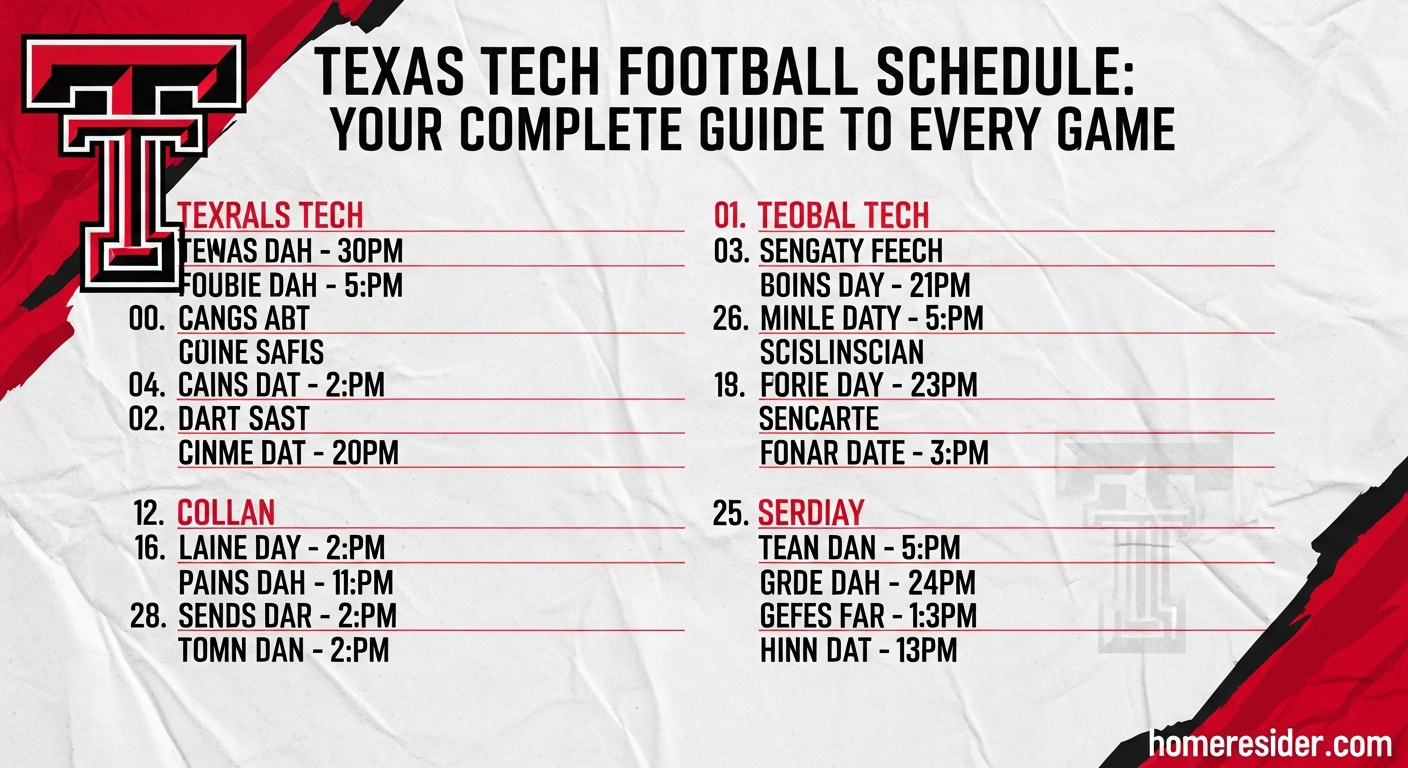Signed as a contract NYT is a phrase that many people hear but do not fully understand. When someone is signed as a contract NYT, it usually means they have officially agreed to work under specific terms with The New York Times. This could be for writing, reporting, or other professional tasks. Being signed as a contract NYT comes with responsibilities and benefits, including clear payment terms, deadlines, and professional recognition. For many, signing a contract with a major publication like The New York Times is a significant career milestone. It can open doors to more opportunities and provide credibility in the industry. Understanding what it really means helps writers and professionals make informed decisions before agreeing to any contract.
When you are signed as a contract NYT, it is essential to know all the details of the agreement. Contracts typically cover how much you will get paid, how long you will work, and what type of work is expected. It also sets rules for deadlines, revisions, and rights to your work. Many professionals overlook these details, but they are crucial for avoiding conflicts later. Signing a contract with The New York Times is not just about getting published; it is about forming a professional relationship built on trust and clear expectations. Knowing your rights and responsibilities ensures you can focus on producing quality work without worrying about misunderstandings.
What Does Signed as a Contract NYT Really Mean?
Signed as a contract NYT is when someone agrees to work with The New York Times under a formal contract. This can include writers, journalists, editors, photographers, and other professionals. Being signed as a contract NYT is more than just being published. It means you have a legal agreement that defines your work, pay, and responsibilities. For many, it is a big achievement because The New York Times is one of the most respected newspapers in the world. Signing a contract gives recognition and shows that you are trusted to deliver professional-quality work.
The contract usually explains what kind of work you will do and how often you need to submit it. It also states the payment terms, deadlines, and rights to your work. This is important because it protects both you and The New York Times. When someone is signed as a contract NYT, they can focus on creating quality content knowing that their work and payment are secure. It is a professional step that many writers and content creators aim for in their careers.
Key Benefits of Being Signed as a Contract NYT
Being signed as a contract NYT comes with many benefits. First, it gives professional credibility. When people see that you work with The New York Times, they automatically trust your skills and expertise. This can lead to more opportunities in writing, journalism, and media. Second, a contract guarantees payment for your work. Unlike freelance writing without a contract, you know exactly how much and when you will get paid.
Another benefit is career growth. Working under a contract allows you to focus on building a relationship with editors and teams at The New York Times. This can lead to bigger projects and long-term collaborations. Contracts also define expectations clearly. This prevents misunderstandings and helps maintain a healthy professional environment. Finally, being signed as a contract NYT can boost your portfolio, which is useful for landing more jobs in the media industry.
How to Get Signed as a Contract NYT: A Step-by-Step Guide
Getting signed as a contract NYT requires preparation and dedication. The first step is to improve your writing skills. The New York Times looks for talented professionals who can deliver quality content consistently. Practice writing articles, opinion pieces, or research-based content that matches the newspaper’s style.
Next, build a strong portfolio. Include your best work, and make sure it is easy for editors to see your abilities. Networking is also important. Connect with professionals who already work at The New York Times or in the journalism industry. Attend events, workshops, or online forums to learn and get noticed. When you are ready, apply for contract opportunities through official New York Times channels. Follow instructions carefully, and make sure your application shows your experience, skills, and commitment. Persistence is key because many people apply, but consistent effort can help you stand out.
Understanding the Terms in a Signed as a Contract NYT Agreement
A contract from The New York Times contains important terms you must understand. First, it clearly explains the type of work expected. This could be writing articles, reporting stories, editing content, or taking photographs. Second, it details the payment structure. This may include per-article rates, monthly payments, or other agreements.
Deadlines are also an essential part of the contract. It tells you when your work must be submitted and ensures smooth workflow with editors. Rights to your work are usually stated as well. You may retain some rights, or The New York Times may have full rights to publish your content. Knowing these details is important because it helps you avoid conflicts and ensures a professional relationship with the company.
Common Mistakes to Avoid When Signed as a Contract NYT
Even experienced professionals can make mistakes when signing a contract. One common mistake is not reading the contract carefully. Always review every clause and understand your responsibilities, pay, and deadlines. Another mistake is ignoring rights to your work. Some contracts may limit how you can use your articles elsewhere, so clarify this before signing.
Missing deadlines or failing to meet quality standards is also a problem. Once you are signed as a contract NYT, editors expect consistent quality. Communication is essential; always respond to emails and requests promptly. Avoid these mistakes to build a strong reputation and maintain a healthy working relationship with The New York Times.
Rights and Responsibilities of Writers Signed as a Contract NYT
Being signed as a contract NYT comes with both rights and responsibilities. Your rights usually include receiving payment for your work, knowing the terms of deadlines, and sometimes retaining ownership of your content. You also have the right to ask for clarifications if any contract points are unclear.
Responsibilities include delivering high-quality content on time, following the editorial guidelines, and communicating effectively with editors. You are expected to maintain professionalism and respect the agreement’s terms. Fulfilling these responsibilities ensures a successful and long-lasting contract. Understanding your rights and responsibilities can prevent misunderstandings and make your work experience positive.
How Being Signed as a Contract NYT Can Boost Your Career
Signing a contract with The New York Times can significantly improve your career. First, it builds credibility. Your name becomes associated with a highly respected publication, which can open doors to new projects. Second, it provides networking opportunities. You work closely with experienced editors, journalists, and media professionals.
Third, it improves your skills. Consistent work under a contract helps you learn fast, meet deadlines, and handle high-quality content requirements. Finally, it can increase your income. Reliable payments and contract benefits give financial security, allowing you to focus on professional growth. Many successful journalists and writers started by being signed as a contract NYT, and it remains a valuable career step.
Conclusion
Negotiating a contract with The New York Times requires preparation. First, know your value. Research industry rates for your work type and experience. This will help you ask for fair payment. Second, be clear about your expectations. Discuss deadlines, the type of work, and rights to your content before signing.
Communication is important. Always be polite, professional, and confident. Avoid rushing; take time to review the contract thoroughly. Negotiation is a normal part of professional contracts, and doing it correctly ensures you get fair terms while maintaining a good relationship with The New York Times.
FAQs
What does it mean to be signed as a contract NYT?
It means you have a formal agreement with The New York Times to deliver work under specific terms, including pay, deadlines, and responsibilities.
Who can be signed as a contract NYT?
Writers, journalists, editors, photographers, and other professionals with relevant skills can be signed.
Does signing a contract guarantee payment?
Yes, the contract clearly defines how and when you will get paid for your work.



